نقد و بررسی
مبانی نظری و پیشینه پژوهش فرهنگ اخلاقی با منابع 2024-2025فهرست مطالب:
- تعاریف فرهنگ
- فرهنگ اخلاقی
- انواع فرهنگ اخلاقی در سازمانها
- فرهنگ به مثابه هنجارهای مشترک
- فرهنگ در مفهوم باور ها و ارزشهای مشترک
- كاركرد های فرهنگ
- مدل های فرهنگ اخلاقی سازمان
- منابع فارسی
- منابع غیر فارسی
بخشی از محصول
واژه اخلاق با استاندارد های مربوط به درست یا غلط بودن رفتارها سروکار دارد. جوامع نیز به علت داشتن ارزشها، سنت ها و ایدئولوژی ها و گرایش های مختلف، در اخلاقی دانستن یا ندانستن رفتارها متفاوت هستند در نتیجه قضاوت های اخلاقی در جامعه ای نسبت به جامعه ی دیگر متفاوت است. در واقع فرهنگ که از روابط اجتماعی در محیط های خاص ایجاد می شمود، نقش مهمی در تصممیم ها و رفتارهای مورد پذیرش و اخلاقی به وجود می آورد صاحب نظران قضاوت های نسبی اخلاقی را قضاوت های مربوط به مسائلی می دانند که بطور سنتی یا فرهنگی مورد پذیرش جامعه و یا خانواده هستند، ولی قضاوت های مطلق اخلاقی قضاوت هایی هستند که درستی یا نادرستی آنها تنها به حقایقی که به مسئله مورد قضاوت مربوط می شود بستگی دارد و نه به حقایقی درباره ی موقعیتی فراتر از آن(قاسمی، 1402).
منابع فارسی
- محمدی، پروین، طهماسبی، حسین، فدائی، نایب(1403).شناسایی شاخص های کلیدی عملکرد مدیریت سلامت جمعیت، خانواده و مدارس در معاونت بهداشت دانشگاه علوم پزشکی جندی شاپور اهواز، فصلنامه راهبردهای مدیریت در نظام سلامت شماره 4، دوره 9، 1-17.
Non-Persian References
- Baker, S., Sanders, M. R., Turner, K. M., & Morawska, A. (2017). A randomized controlled trial evaluating a low-intensity interactive online parenting intervention, Triple P Online Brief, with parents of children with early onset conduct problems. Behaviour Research and Therapy, 91, 78-90.
- Belsky, J., & Jaffee, S. R. (2015). The multiple determinants of parenting. Developmental Psychopathology: Volume Three: Risk, Disorder, and Adaptation, 38-85.
- Bornstein, M. H., & Cote, L. R. (2006). Parenting cognitions and practices in the acculturative process. Measurement and development (pp. 173–196)
- Carnes-Holt, K. (2012). Child–Parent Relationship Therapy for Adoptive Families. The Family Journal, 20(4), 419-426.
- Chung, G., Lanier, P., & Wong, P. Y. J. (2020). Mediating effects of parental stress on harsh parenting and parent-child relationship during coronavirus (COVID-19) pandemic in Singapore. Journal of family violence, 1-12.
- Coyne, L. W., Gould, E. R., Grimaldi, M., Wilson, K. G., Baffuto, G., & Biglan, A. (2020). First things first: Parent psychological flexibility and self-compassion during COVID-19. Behavior analysis in practice, 1-7.
- De Vries, D. A., Vossen, H. G., & van der Kolk–van der Boom, P. (2019). Social media and body dissatisfaction: investigating the attenuating role of positive parent–adolescent relationships. Journal of youth and adolescence, 48, 527-536.
- Diana, R. R., Chirzin, M., Bashori, K., Suud, F. M., & Khairunnisa, N. Z. (2022, August). Parental engagement on children character education: The influences of positive parenting and agreeableness mediated by religiosity. In Seminar Nasional Psikologi Universitas Ahmad Dahlan.
- Ferreira, T., Cadima, J., Matias, M., Vieira, J. M., Leal, T., & Matos, P. M. (2016). Preschool children’s prosocial behavior: The role of mother–child, father–child and teacher–child relationships. Journal of Child and Family Studies, 25(6), 1829-1839.
- Gicevic, S., Aftosmes‐Tobio, A., Manganello, J. A., Ganter, C., Simon, C. L., Newlan, S., & Davison, K. K. (2016). Parenting and childhood obesity research: a quantitative content analysis of published research 2009–2015. Obesity Reviews, 17(8), 724-734.
- Godfrey, D. (2019). Retrieved from https://positiveparenting.com/
- Gottman, J. (2019). The Gottman Institute: A research-based approach to relationships. Retrieved from https://www.gottman.com/parents/
- Hallahan, D. P., Kauffman, J. M. & Pullen, P. C. (2015). Exceptional Learners. Pearson/Allyn & Bacon, Inc.
- Howard, A. L., Alexander, S. M., & Dunn, L. C. (2022). Helicopter parenting is unrelated to student success and well-being: A latent profile analysis of perceived parenting and academic motivation during the transition to university. Emerging Adulthood, 10(1), 197-211.
- Juffer, F., Bakermans-Kranenburg, M. J., & Van IJzendoorn, M. H. (Eds.). (2023). Promoting positive parenting: An attachment-based intervention. Taylor & Francis.
- Kyriazos, T. A., & Stalikas, A. (2018). Positive parenting or positive psychology parenting? Towards a conceptual framework of positive psychology parenting. Psychology, 9(07), 1761.
- Nelson-Coffey, S. K., & Coffey, J. K. (2024). Gratitude improves parents’ well-being and family functioning. Emotion, 24(2), 357–369. https://doi.org/10.1037/emo0001283.
- Mirzabeigi, H. A. (2010). The effect of cultural capital and family traditions of education in families and practices on children’s academic success. Ph. D. Thesis, Tajikestan: Academy of Pedagogical Sciences of Tajikestan.
- Palacios, I., Garcia, O. F., Alcaide, M., & Garcia, F. (2022). Positive parenting style and positive health beyond the authoritative: Self, universalism values, and protection against emotional vulnerability from Spanish adolescents and adult children. Frontiers in Psychology, 13, 1066282.
- Planalp, E. M., Nowak, A. L., Tran, D., Lefever, J. B., & Braungart-Rieker, J. M. (2022). Positive parenting, parenting stress, and child self-regulation patterns differ across maternal demographic risk. Journal of Family Psychology, 36(5), 713.
- Prime, H., Andrews, K., McTavish, J., Harris, M., Janus, M., Bennett, T., & Gonzalez, A. (2021). The application of positive parenting interventions to academic school readiness: A scoping review. Child: Care, Health and Development, 47(1), 1-14.
- Rohmalimna, A., Yeau, O., & Sie, P. (2022). The Role of Parental Parenting in the Formation of the Child’s Self-Concept. World Psychology, 1(2), 36-45.
- Sawitri, D. R., Kaloeti, D. V. S., Kustanti, E. R., Qonitatin, N., & Frieda, N. R. H. (2021). Positive parenting, career aspirations, and exploration: A study of third-year urban undergraduate students.
- Spijkers, W., Jansen, D. E. & Reijneveld, S. A. (2013). Effectiveness of primary care triple P on child psychosocial problems in preventive child healthcare: a randomized controlled trial. Bio Med Central Medicine, 11, 240, 1-8.
- Tang, K., Li, W. (2025). The Relationship Between Family Functioning and Defending Behaviors Among Junior High School Students: The Mediating Effect of Empathy and Moderating Effect of Gender. Journal of Interpersonal Violence.
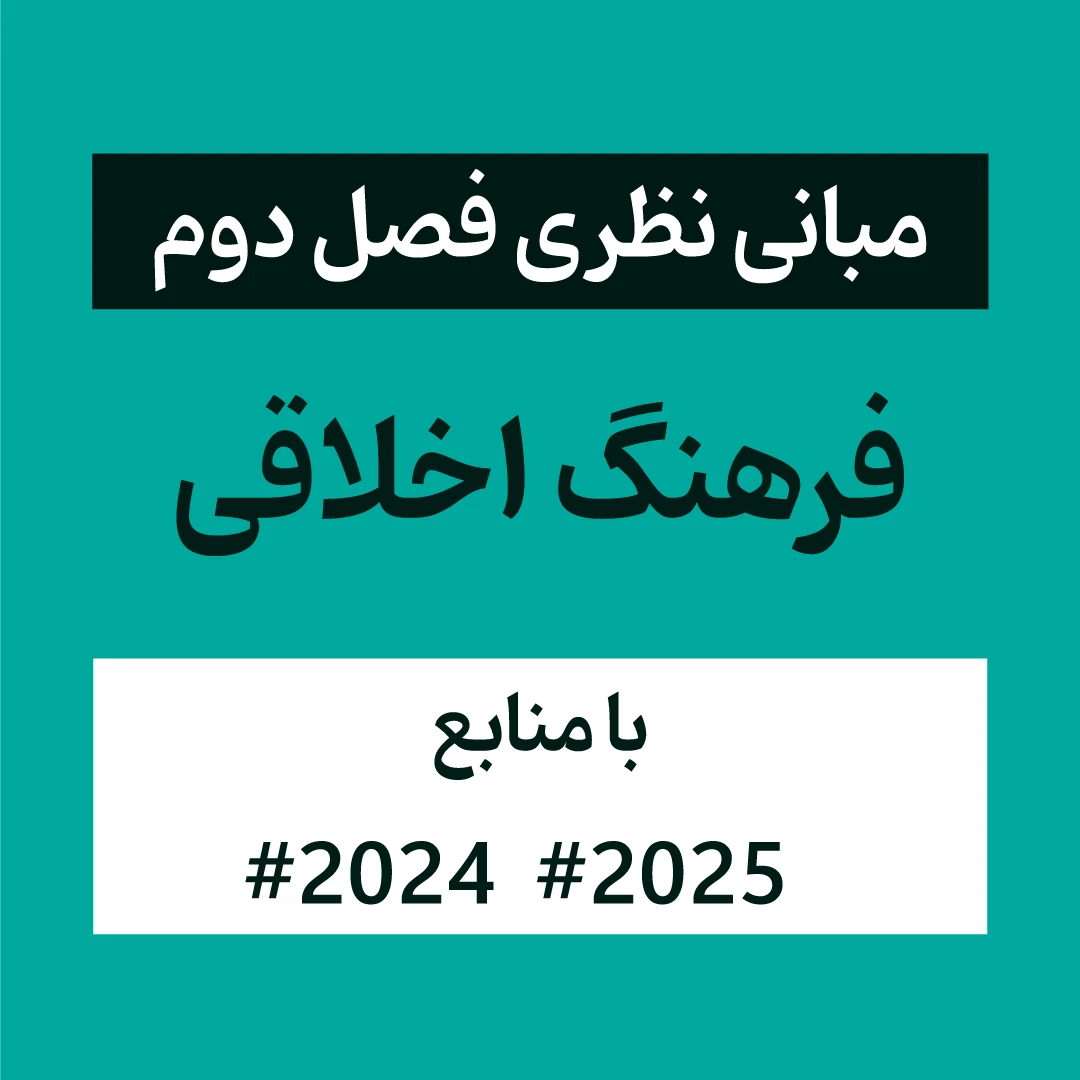
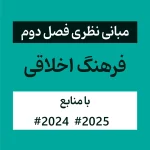
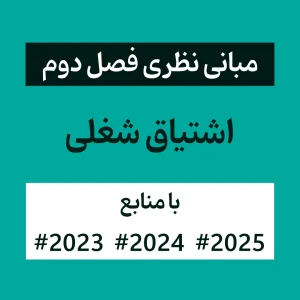
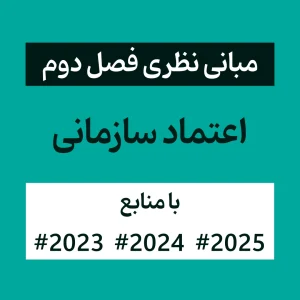
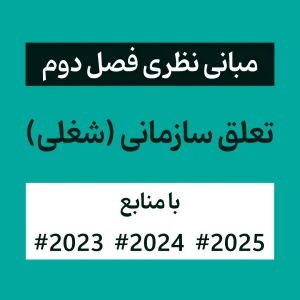
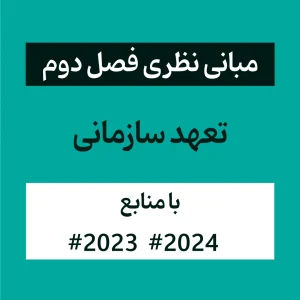
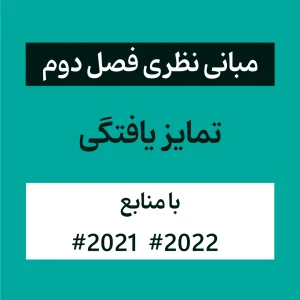

0دیدگاه